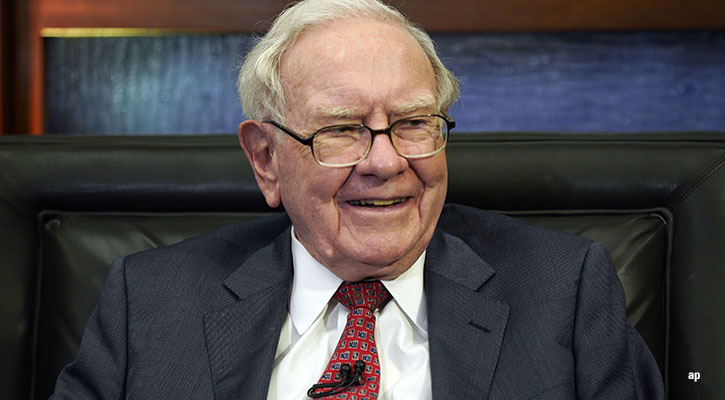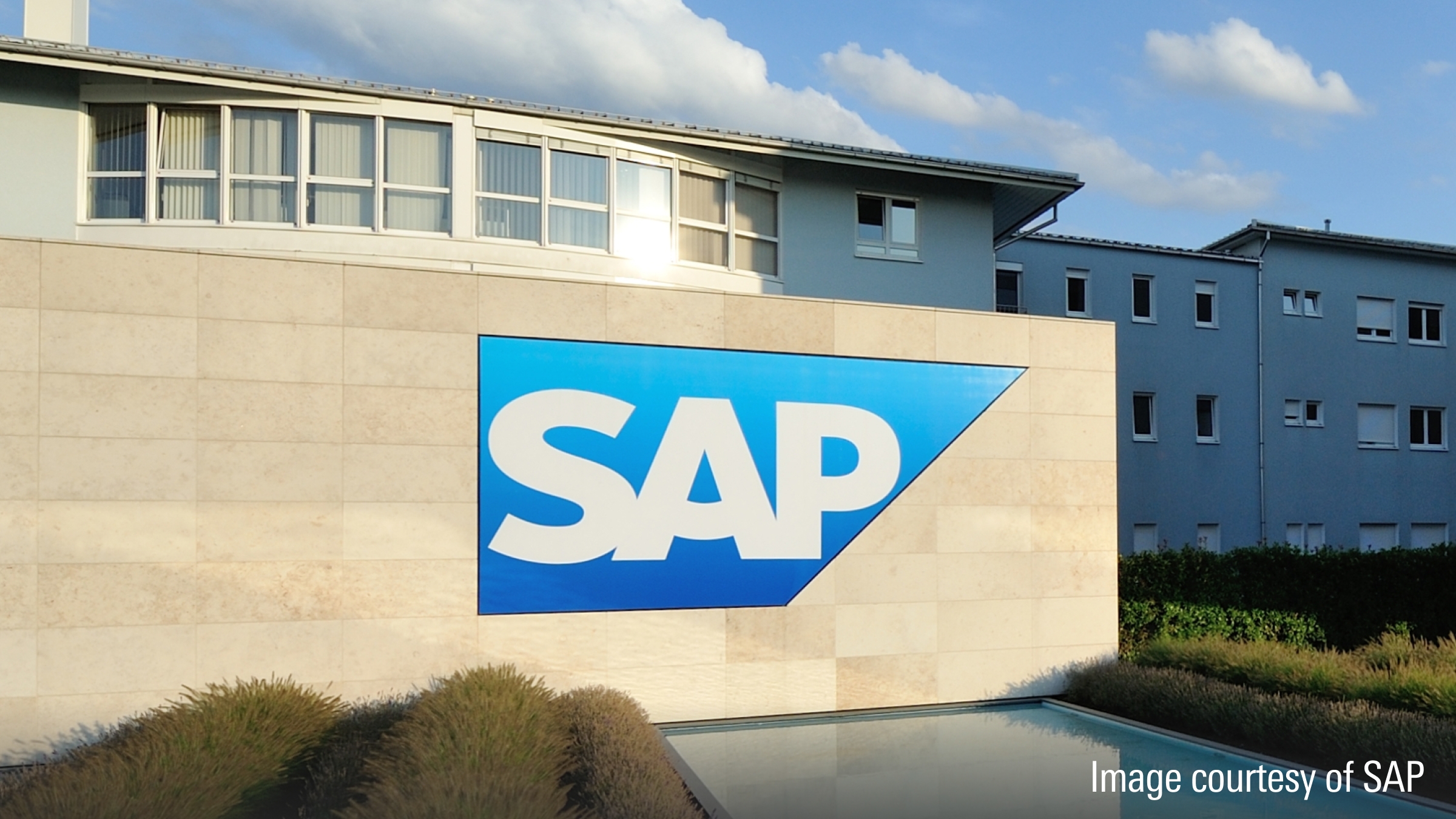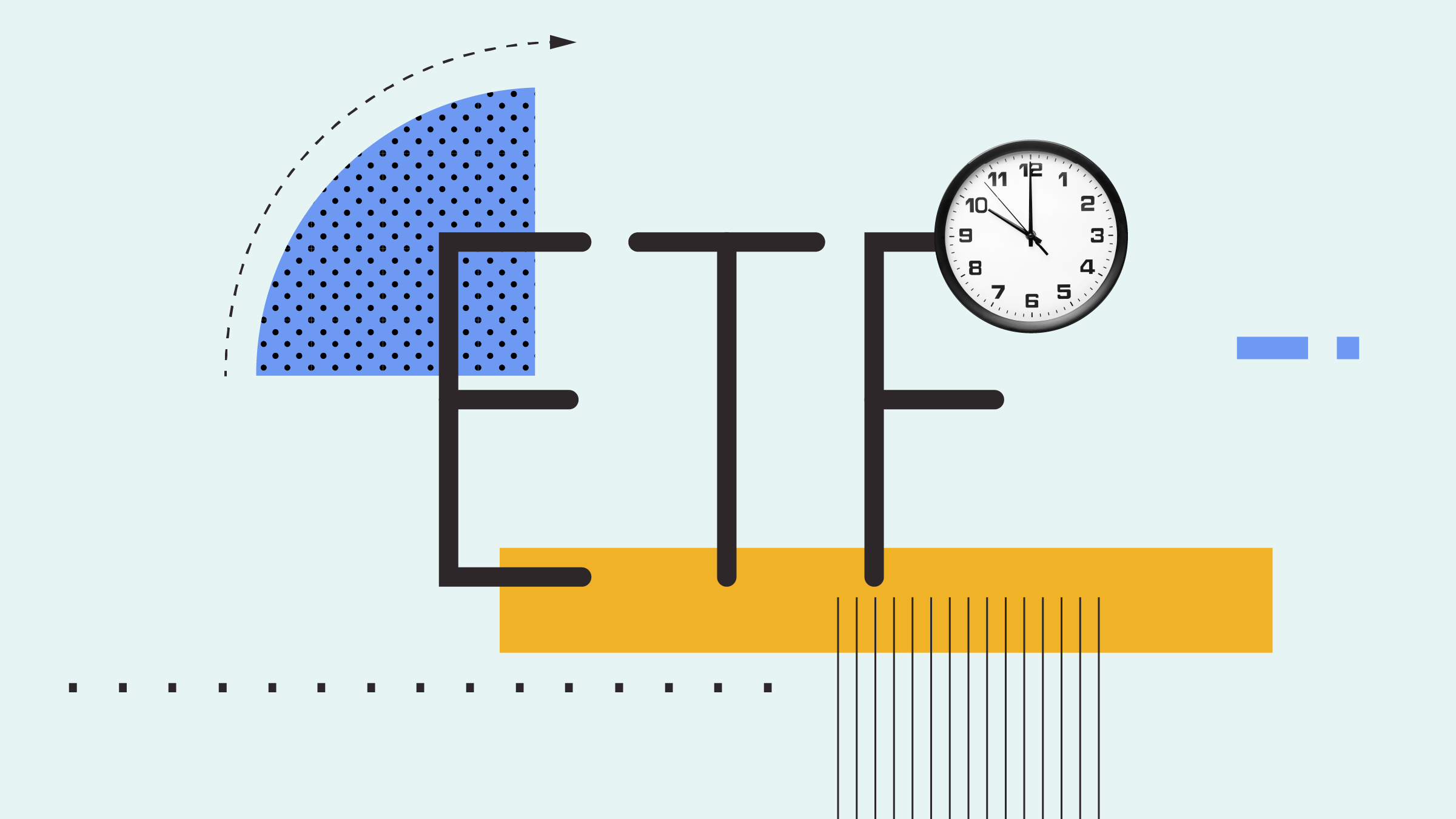:quality(80)/cloudfront-us-east-1.images.arcpublishing.com/morningstar/KD4XZLC72BDERAS3VXD6QM5MUY.png)
ResMed RMD is one of the largest makers of respiratory devices used to treat sleep apnea. Its devices are entrenched among patients, physicians, and payers alike; as such, we award the company a narrow economic moat rating. We think the company still has a long runway for additional growth in both developed and emerging markets.
ResMed is entrenching itself as a leader in the global obstructive sleep apnea market via smart devices and Big Data. With its cloud-connected devices, physicians can monitor patient compliance and encourage continued use. ResMed also plays a key role in producing clinical data that demonstrates treatment can minimize risks related to sleep apnea, such as hypertension, stroke, heart attack, and Alzheimer’s disease. Through its own testing devices and education, the company seeks more widespread diagnosis and treatment of obstructive sleep apnea. ResMed and Philips hold more than 80% of the global obstructive sleep apnea homecare device market, with ResMed the leader in the majority of the 140 countries where it competes. Over 900 million people are estimated to have sleep apnea, indicating a long runway for growth.
Key Morningstar Metrics for ResMed
- Fair Value Estimate: US$258
- Star Rating: 4 Stars
- Economic Moat Rating: Narrow
- Uncertainty Rating: Medium
Economic Moat Rating
We award ResMed a narrow moat rating based on switching costs and intangible assets. The company’s newer-generation devices enable physicians to remotely monitor patients’ usage and breathing performance. ResMed reports up to 87% adherence rates when the physician is using its cloud-based patient monitoring system, compared with the estimated industry average adherence rate of 50%. A higher adherence rate benefits both device upgrades as well as masks and accessories revenue as the physician reminds the patient of when they should be replaced. ResMed’s intangible assets, namely its brand and patent portfolio, have contributed to above-average industry growth and helped maintain its commanding market share. We think ResMed’s intangible brand has also enabled significant price premiums over lesser-known peers. ResMed has posted an average return on invested capital of 20% over the last decade. We anticipate ROICs to far exceed the weighted cost of capital of 7.4% over our explicit forecast period.
Fair Value Estimate for ResMed Stock
Our fair value estimate factors in 9% revenue growth in a typical year and a 34% operating margin by fiscal 2028. We forecast selling, general, and administrative expense to continue declining to 19% of sales in fiscal 2028 from 21% in fiscal 2023, delivering earnings per share growth of 14% on average over our five-year forecast period. Our growth forecasts reflect key tailwinds including the launch of new flagship product AirSense 11, improving obstructive sleep apnea diagnosis rates, and rival Philips’ product recall of over 5 million global devices announced in 2021. We anticipate Philips will take until fiscal 2024 to replace all affected units. While affected customers can wait for a replacement, we think ResMed will see considerable elevated demand from a portion of these customers switching, as well as new customers doubting Philips’ reputation.
Risk and Uncertainty
Given the consistency of growth ResMed has shown in a structurally growing market in which it has dominated, we view earnings as relatively defensive. However, it’s harder to predict the extent to which ResMed stands to benefit in the near term from the launch of a new flagship product, obstructive sleep apnea diagnosis rates recovering to precoronavirus levels, and Philips’ product recall. There is risk that a significant failure in quality or safety could lead to a product recall or redesign. Also, as ResMed’s products are reimbursed by Medicare, selling practices in the U.S. are regulated under antikickback laws. Potential patent infringement and litigation costs are an additional risk.
ResMed Bulls Say
- The long-term growth opportunity for respiratory homecare devices is sizable, as both developed and emerging markets are still significantly underpenetrated.
- The focus on cloud-connected devices has led to increased patient adherence, supporting reimbursement rates and the resupply of masks and accessories.
- ResMed stands to benefit from the launch of its flagship AirSense 11 as well as Philips’ significant product recall.
ResMed Bears Say
- Market share gains from Philips’ product recall may be limited. Affected customers can wait for a replacement unit or purchase an alternative Philips product, and ResMed’s supply chain may be constrained.
- Reimbursement rates and pricing are under threat as the U.S. government continues to seek savings in the Medicare program and newer treatments such as neurostimulation implants emerge.
- ResMed is largely unproven in homecare business management software, where it is directing significant capital and currently achieving mid-single-digit organic revenue growth.
This article was compiled by Susan Dziubinski and Sylvia Hauser.
The author or authors do not own shares in any securities mentioned in this article.








.jpg)












